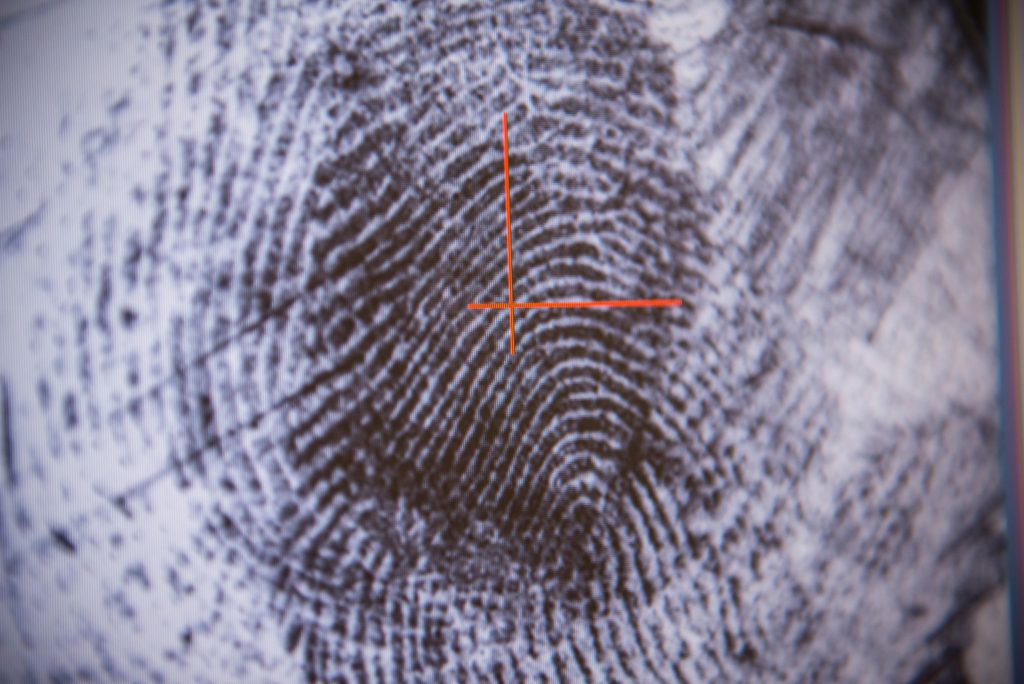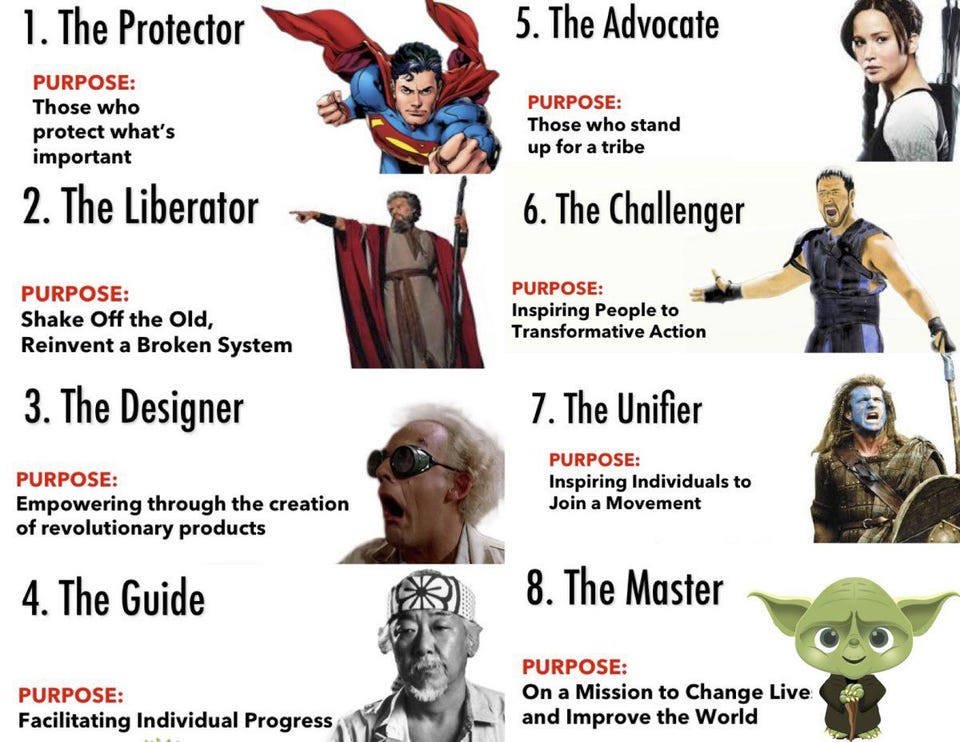
In my blogs to date, I have been working to help readers unpack the six essentials questions that everyone needs to ask to get clear on their purpose. The second question, “Who are you?” helps you to understand your identity.
Your identity is shaped by how you perceive yourself and how others perceive you. It is the sum of your gifts and abilities, your background, and the life experiences that have helped to shape your understanding of who you are.
To help me unpack who I understand myself to be, I have come to appreciate the power of archetypes. So, what are archetypes, and how can they be used to help you understand who you are and your purpose?
The Power of Archetypes
To appreciate the power of using archetypes to clarify your purpose, let’s get a working definition:
[1]“Archetype, (from Greek archetypos, “original pattern”), in literary criticism, a primordial image, character, or pattern of circumstances that recurs throughout literature and thought consistently enough to be considered a universal concept or situation.”
[2]An archetype is a literary device in which a character is created based on a set of qualities or traits that are specific and identifiable for readers. The term archetype is derived from the studies and writings of psychologist Carl Jung who believed that archetypes are part of humanity’s collective unconscious or memory of universal experiences. In a literary context, characters (and sometimes images or themes) that symbolically embody universal meanings and basic human experiences, independent of time or place, are considered archetypes.
In short, an archetype in everyday usage is “a perfect example of something” [3] When you read literature and watch movies, you will pick up on recurring archetypes such as the: [4]
- Lover: character guided by emotion and passion of the heart
- Hero: protagonist that rises to a challenge
- Outlaw: character that is rebellious or outside societal conventions or demands
- Magician: powerful character that understands and uses universal forces
- Explorer: character that is driven to explore the unknown and beyond boundaries
- Sage: character with wisdom, knowledge, or mentor qualities
- Creator: visionary character that creates something significant
- Innocent: “pure” character in terms of morality or intentions
- Caregiver: supportive character that often sacrifices for others
- Jester: Character that provides humor and comic relief with occasional wisdom
- Everyman: Character recognized as average, relatable, found in everyday life
- Ruler: Character with power of others, whether in terms of law or emotion
I love the article written by Stan Phelps, entitled, Understanding Your Why In Business Through The Eight Purpose Archetypes. I have borrowed the infographic from his article that conveys eight purpose archetypes: [5]

Which purpose archetype do you closely align with? Which one resonates with you the most? Can you think of other archetypes that are not on the infographic that rings true to your calling and purpose?
[1] Archetype. (n.d.). Encyclopedia Britannica. Retrieved October 3, 2021, from https://www.britannica.com/topic/archetype
[2] Archetype – Examples and Definition of Archetype. (2020, September 29). Literary Devices. https://literarydevices.net/archetype/
[3] Archetype. (n.d.-b). The Merriam-Webster.Com Dictionary. Retrieved October 4, 2021, from https://www.merriam-webster.com/dictionary/archetype
[4] Archetype – Examples and Definition of Archetype. (2020, September 29). Literary Devices. https://literarydevices.net/archetype/
[5] Phelps, S. (2017, April 10). Understanding Your Why In Business Through The Eight Purpose Archetypes. Forbes. https://www.forbes.com/sites/stanphelps/2017/04/10/understanding-your-why-in-business-through-the-eight-purpose-archetypes/?sh=157724f35644